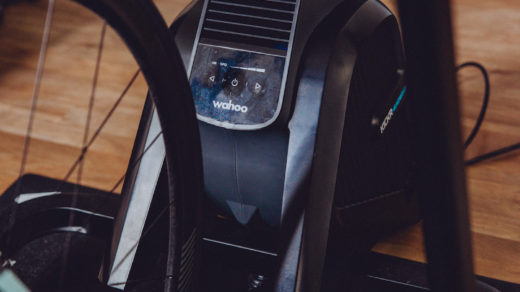Every now and then I do a “One Minute Challenge” video, with the goal of explaining digital health-related concepts in just one minute. Here are these collected bits, a few of them just over a minute, something like a crash course on the basics.
Let’s see the topics I covered so far.
1. What is digital health?
This first video starts with the basics, what is digital health at all? What belongs here and what doesn’t? How will it change the role of medical professionals and patients? So many things can be packed in slightly more than 60 seconds.
2. Who is an e-patient?
Although the term e-patient was first introduced by Dr. Thomas Ferguson in 2006, the concept is still often confusing. What do e-patients do that makes them different from “regular” patients? Will googling symptoms make me one? What are the six meanings of “E”?
3. The Point Of Care
What is the point of care? Why is it important? How can it be anything else than the doctor’s office or the hospital? And what does it do to digital health at all?
4. Telemedicine
Telemedicine has nothing to do with telephones, although many believe it means calling your general practitioner on the phone. While it can be part of the package, telemedicine offers much more. It can save us hours in travel time, it can be used to simplify follow-up consultations, medication management, and of course, it can bring medical services to remote regions, where access to specialised care is practically non-existent.
5. The Virtual Wards
Virtual wards are a relatively new topic in the small talk around healthcare, albeit an exciting one. This is a concept that allows patients to heal in the comfort of their homes without compromising their safety or recovery. Virtual wards provide full-value medical care away from the not-so-comfortable bed in the hospital unit they would normally occupy.
6. What is AI?
What is the difference between artificial narrow intelligence, artificial general intelligence and artificial superintelligence? What are machine learning and deep learning? And what do they do in the hospitals?
7. Machine Learning vs. Deep Learning
Machine learning and deep learning are related concepts, but they are capable of very different tasks. Therefore, their present and future healthcare applications (and their impact on our everyday lives) are/will also be very different.
8. Digital Biomarkers
Biomarkers (like high white blood cell counts in your lab test) can inform doctors about yet invisible conditions, such as allergies or infections. Digital biomarkers have the same significance: we can gain vital information to prevent serious diseases or catch developing health problems at their onset. But what are digital biomarkers and how can we collect them? Here is the answer.
9. Vocal biomarkers
Now that you know what digital biomarkers are, it is time to take one more step forward and get familiar with vocal biomarkers, and learn about how your sound, your breathing patterns or speech patterns can tell so much about your health, including early warnings about conditions like Alzheimer’s or Parkinson’s disease.
10. Virtual reality
Virtual reality (or VR) has huge potential in healthcare, from medical education to surgeries and pain management. In VR you will be fully immersed in a virtual space, and the real world will be completely excluded. Let’s see how it looks in practice.
11. Augmented reality
Unlike VR, augmented reality (AR) is an interactive environment where what we experience is mixed with our real-world surroundings. It is quite easy to imagine a Pokemon in your backyard or a new armchair in your living room – just to name a few well-known and existing uses of AR. But it will arrive in healthcare as well. Here is how.
The post 11×1 Minutes To Catch Up With The Most Important Digital Health Concepts appeared first on The Medical Futurist.


